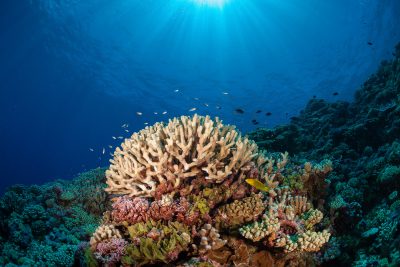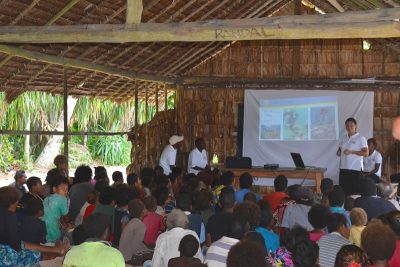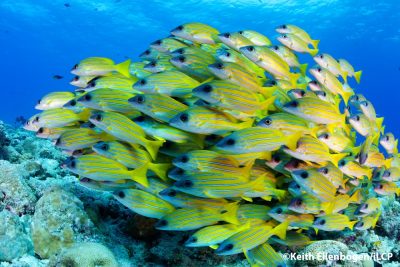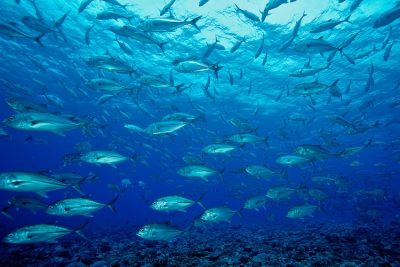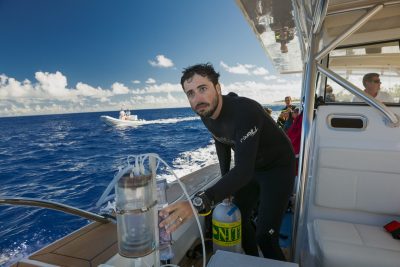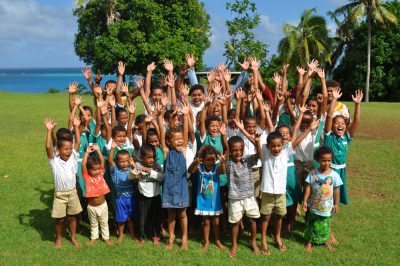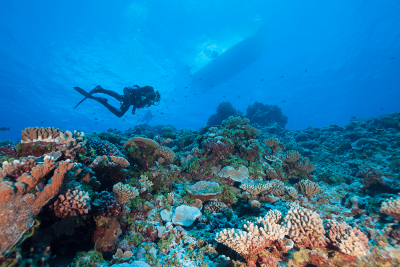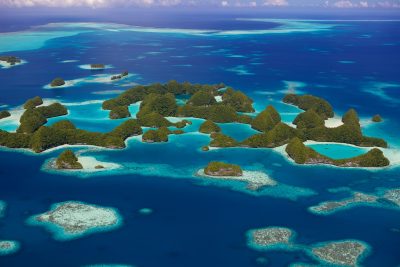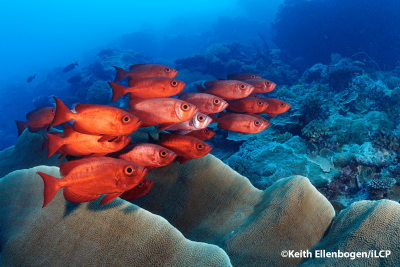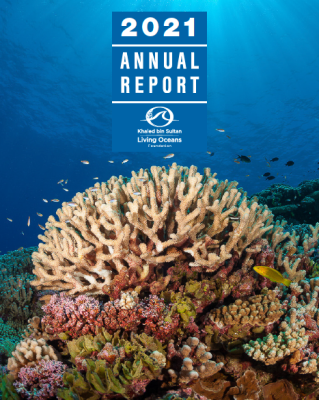
2021: A Remarkable Year for the Khaled bin Sultan Living Oceans Foundation
Despite the restrictions imposed by the pandemic, 2021 was a truly remarkable year for the Khaled bin Sultan Living Oceans Foundation.
After spending ten years in the field circumnavigating the globe, we concluded the Global Reef Expedition (GRE)—the largest coral

